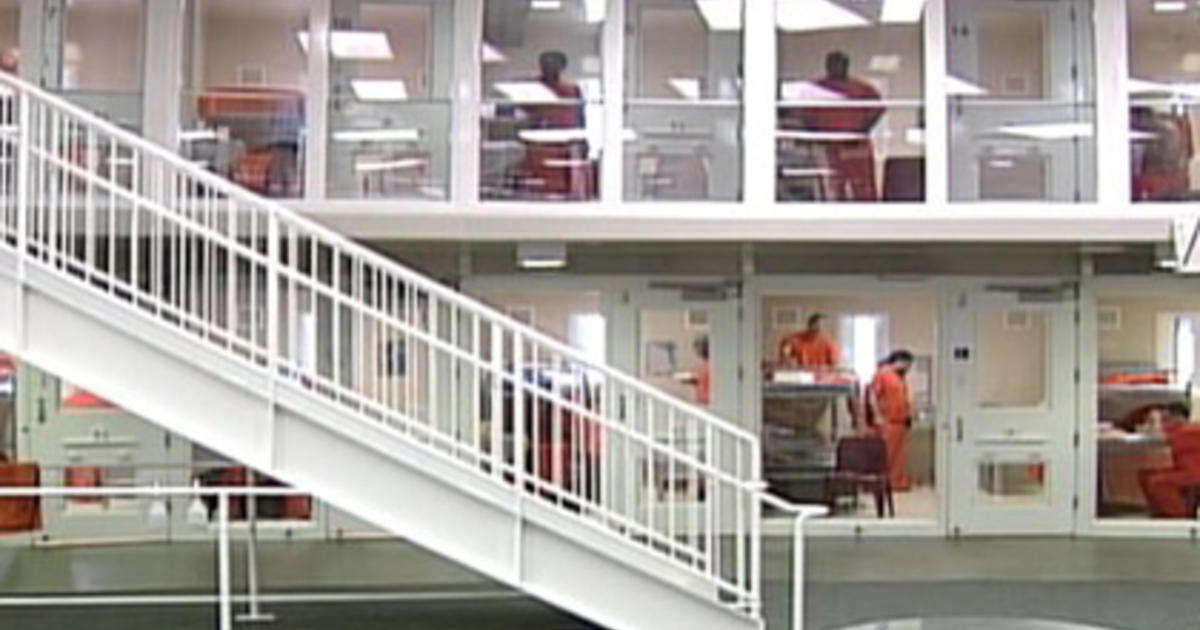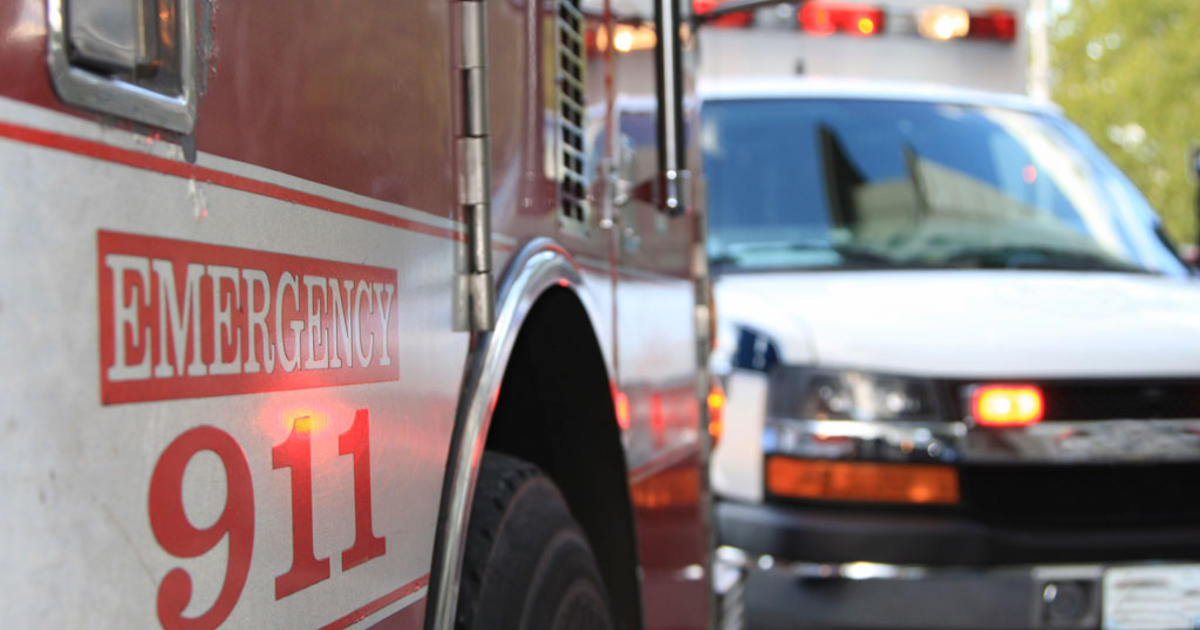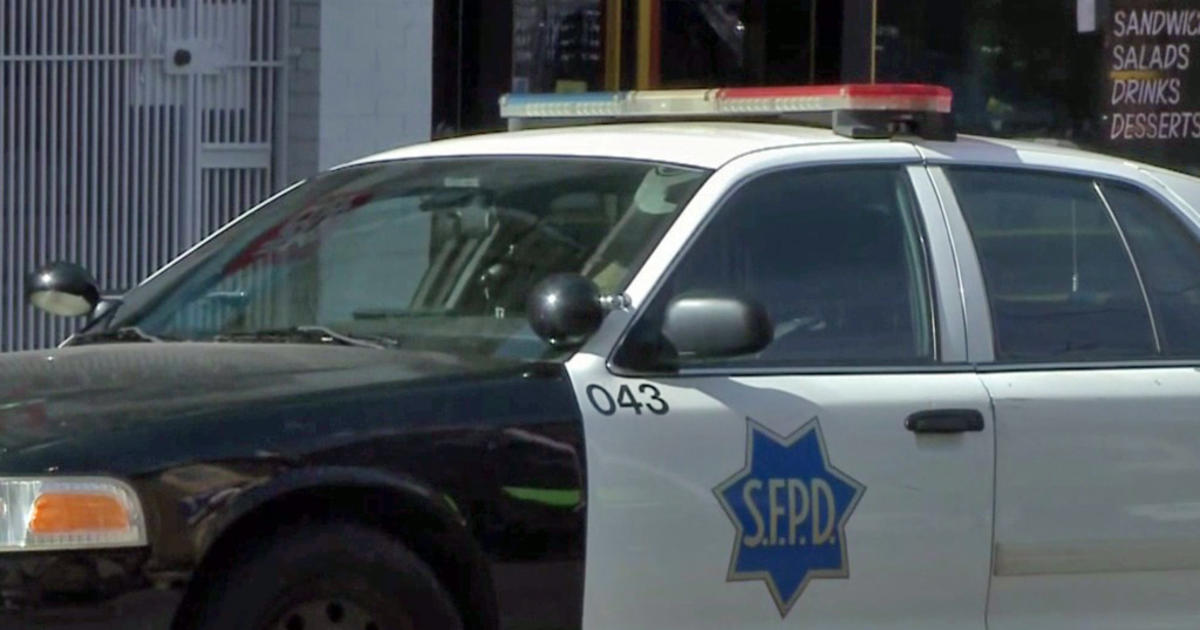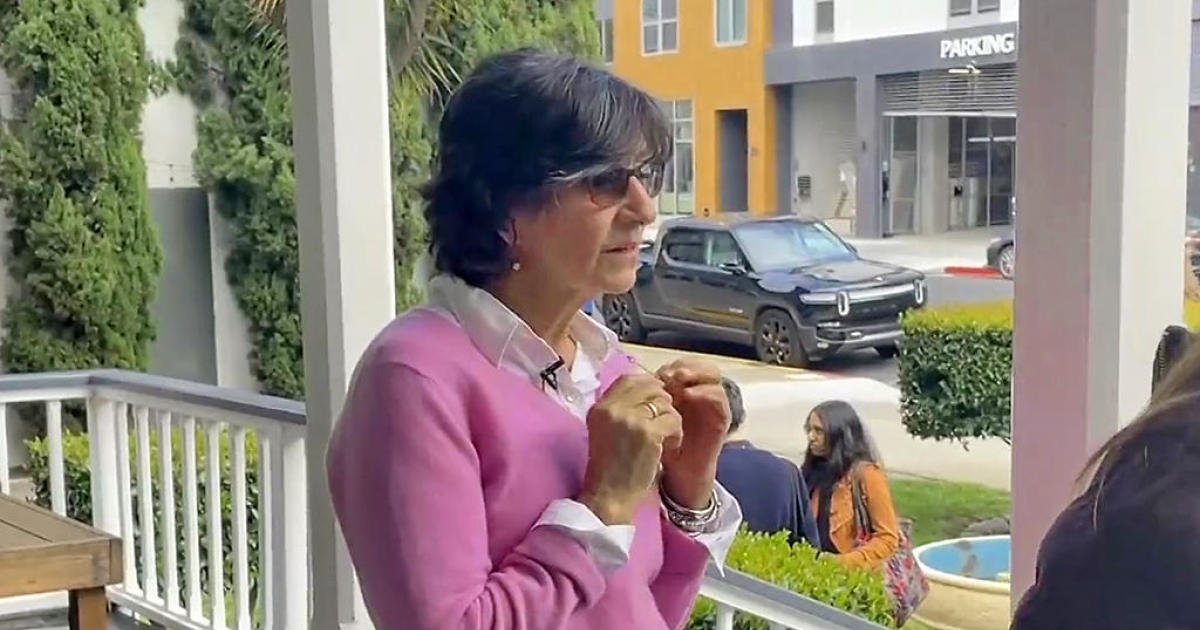SFPD Chief Discusses Security Gaps In Wake Of Manchester Attack
SAN FRANCISCO (CBS SF) – The SFPD's police chief on Wednesday addressed some concerns about the city's security gaps in the wake of the terror attack in Manchester.
KPIX 5's Phil Matier spoke with San Francisco Police Chief Bill Scott about some of the challenges that could make the city vulnerable. One of the primary concerns is over problems with radio communications in San Francisco's underground metro and BART stations.
"Communication is key. There are dead spots throughout this city and region," said Scott.
It is hard to believe in this high-tech age, but as former FBI agent and current KPIX 5 security analyst Jeff Harp knows from first-hand experience, even something as basic as emergency radios working can be a major problem in a terror attack.
"I can tell you as former commander of the SWAT team, that you have problems," said Harp. "It's tough to communicate. That is the Achilles' heel for any kind of operation."
But not all of the challenges are technical. There is also the issue of how to control soft targets like a crowd leaving a big event,
When you are dealing with a large group of people it's a little more difficult, said Scott.
When asked if SFPD planned to beef up security after the Manchester Arena bombing, Scott replied, "We assess every event."
There are legal and political challenges as well. For example, shortly after the election of President Donald Trump, San Francisco police opted out of the FBI Joint Terrorism Task Forces.
When asked about that move, Scott cited First Amendment concerns from various members of the community.
Harp said that those concerns are unfounded.
"That's just not what happens. The FBI follow the laws," argued Harp. "Absolutely they are putting themselves at a disadvantage."
However, Chief Scott says the department is working on new guidelines to get the city back on the task force.
"We have to vet that out and make sure that we have policies in place that are legitimate in the eyes of the community," explained Scott.
Currently, police have figured out a workaround for communication in BART and Muni metro stations by patching into the transit agencies own communication systems when underground. But they hope to have their own system up and running by the end of 2017.



